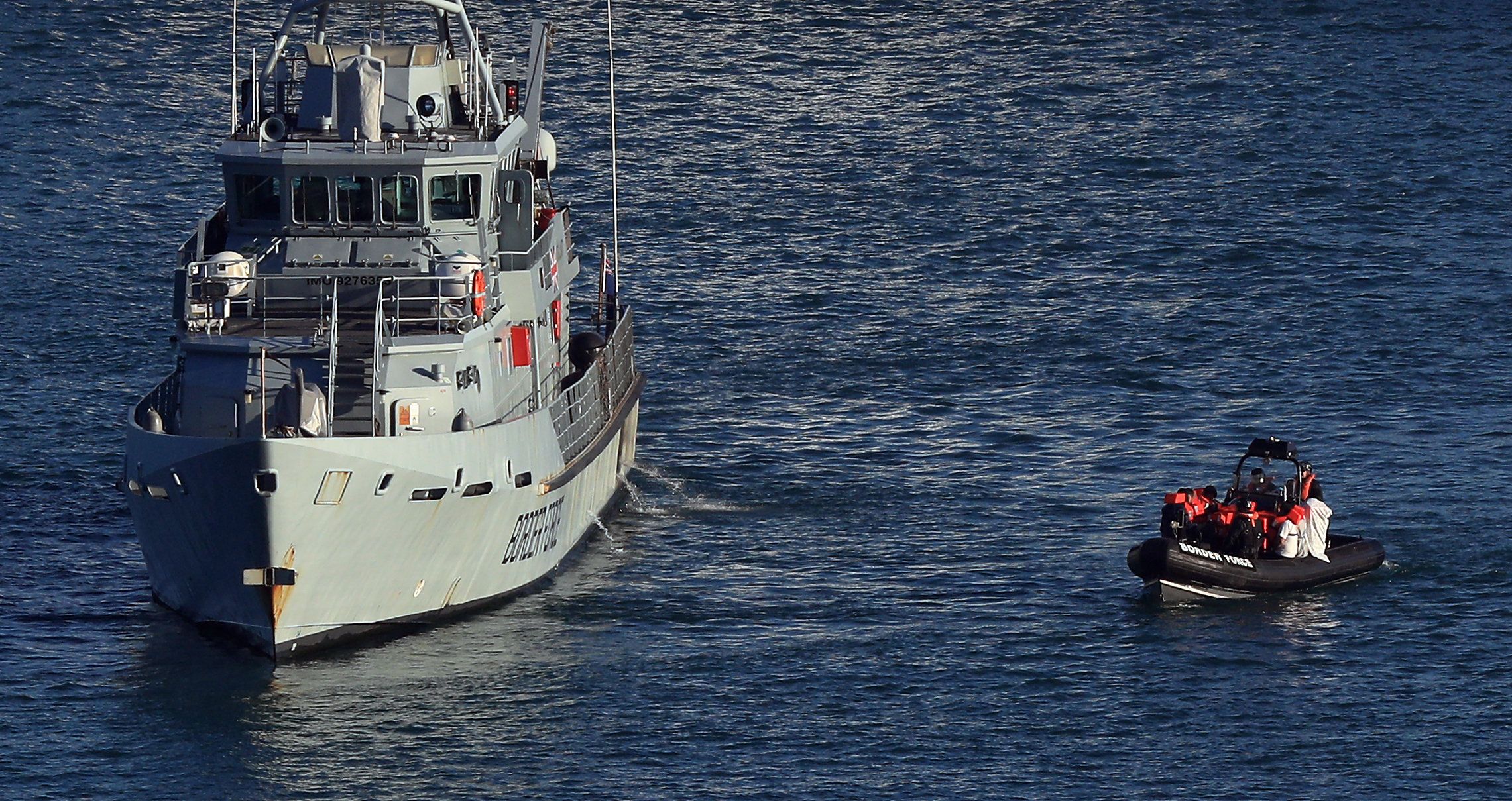January 09, 2020
6,000: The death toll from a measles outbreak in the Democratic Republic of the Congo has surpassed 6,000, according to the World Health Organization. The body said that lack of funding is "a huge impediment" to disease containment. It is asking countries to fork out a collective $40 million over six-months to extend vaccination programs, and to implement other elements of the outbreak response.
9: China and Pakistan have embarked on a nine-day joint naval drill in the Arabian Sea to enhance the security alliance between the two countries. The exercise, covering an area that hosts many crucial Indian ports, comes at a time of increased tensions between Pakistan and its arch-rival India over New Delhi's crackdown in disputed Kashmir.
176: A Ukrainian airliner carrying 176 people crashed shortly after taking off from Tehran's airport Wednesday, killing everyone on board. As tensions between Washington and Tehran escalate, dueling narratives persist regarding the cause of the crash: the US maintains that Iran mistakenly shot down the airliner.
1,800: More than 1,800 migrants successfully made the journey in small boats across the English Channel to Britain in 2019, representing a six-fold increase over the previous year. The surge likely reflects the closing of several French migrant camps, as well as Europe's crackdown on the people smuggling trade, prompting migrants to embark on the precarious channel crossing.
More For You
US President Donald Trump arrives to announce reciprocal tariffs against US trading partners in the Rose Garden of the White House in Washington, DC, USA, on April 2, 2025.
POOL via CNP/INSTARimages.com
From civil conflicts to trade wars to the rise of new technologies, GZERO runs through the stories that have shaped this year in geopolitics.
Most Popular
- YouTube
On Ian Explains, Ian Bremmer takes a look at the growing surge in global conflict and the ripple effects of so much violence, war, and armed struggle throughout the world.
Immigration and Customs Enforcement (ICE) agents check the identity documents of a group of agricultural workers at a grocery store parking lot during an immigration raid in Mecca, California, U.S. December 19, 2025.
REUTERS/Daniel Cole
A year into US President Donald Trump’s second term, America’s immigration policy has undergone one of its most sweeping resets in decades.
People gather around offered flowers to honour the victims of a mass shooting during a Jewish Hanukkah celebration at Bondi Beach on December 14, in Sydney, Australia, December 19, 2025.
REUTERS/Eloisa Lopez
The Australian government announced a plan to purchase and destroy civilian-owned firearms after a terrorist attack left 15 people dead at a Jewish holiday gathering on Sydney’s Bondi Beach.
© 2025 GZERO Media. All Rights Reserved | A Eurasia Group media company.
